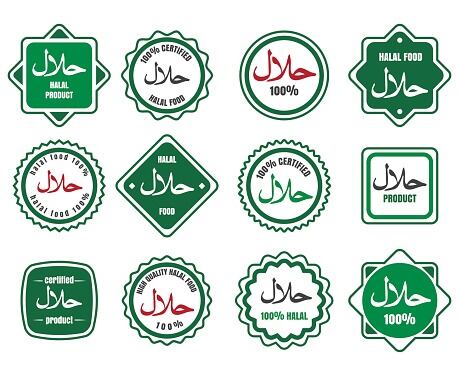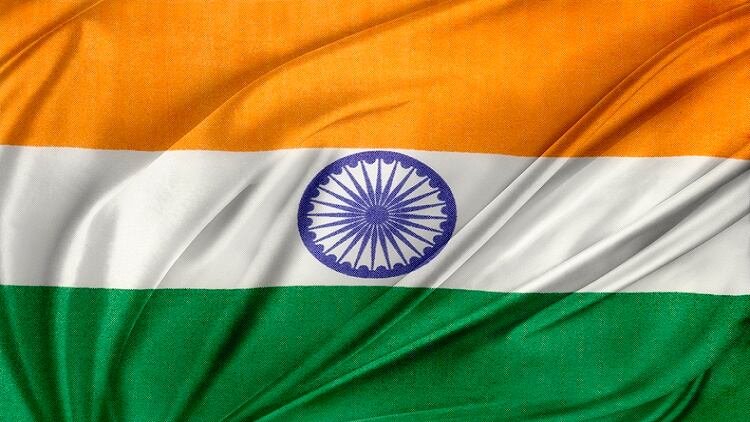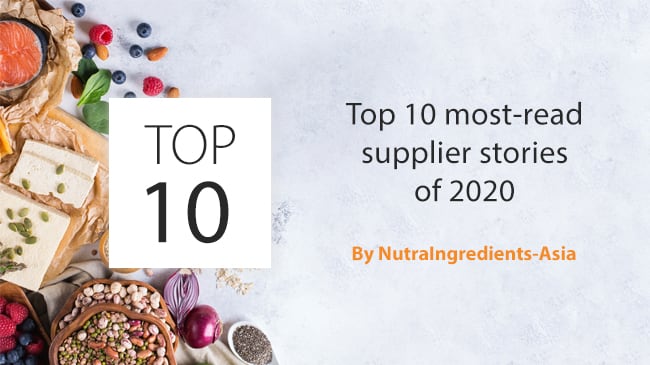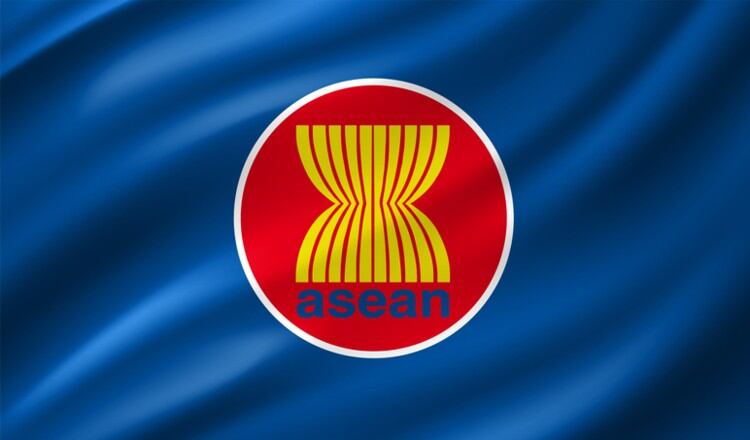Brands have cited increasing spending power and demand for product quality as the key reasons for expanding into these markets.
Opportunities in Vietnam
A fast-growing economy in Vietnam has attracted nutra brands to set foot and expand in the company.
South Korean probiotics firm Acebiome – winner of the Probiotics Product of the Year at last year’s NutraIngredients-Asia awards – highlighted Vietnam as a “very critical” market given its economic growth.
“The Vietnamese probiotics market is expected to grow at an annual average rate of 10% and even though the COVID-19 situation makes the market very slow, they have been showing economy growth and for investments and trade movements with Korea,” Myeong Hee Kim, CEO at Acebiome told us.
The widespread importance of wellbeing and popularity of Korean products are the other reasons for entering the market.
The company hopes to gain approval for selling its probiotics by early 2021. It will first sell its products online before going into the pharmacy channels.

Japanese firms George & Oliver and Kirin Holdings are also seeking growth in Vietnam.
Kirin said a reason was because Vietnamese consumers were becoming more health conscious due to COVID-19.
“We have seen milk and yoghurt with functional benefits, especially in the immunity space becoming popular. The consumption of fruit juices, vitamins, lactic and probiotic beverages have also accelerated after COVID-19,” Takeshi Fukushima, general manager at Interfood Shareholding Company, a subsidiary of Kirin Holdings in Vietnam, told us.
Fukushima said the rise of modern trade and foreign drugstores have facilitated the sales growth.
The company entered Vietnam in 2019 with a probiotic drink for immunity and daily health maintenance. The drink is sold under its functional food brand iMUSE and contains Lactococcus lactis strain Plasma probiotic.
George & Oliver, a manufacturer and supplier of cosmetics and dietary supplements, has been selling its supplements, including its popular enzyme series (Shinyakoso), in Vietnam since last year via its official website.
It is exploring other e-commerce platforms such as Lazada and discussions are underway.
Weight and beauty related products are sought by the female consumers, while male consumers were concerned with heart health and constipation, said Kazu Takeshima, general manager at George & Oliver.
For children, height enhancement supplements, vitamins and products containing dietary fibres are popular in Vietnam.
In terms of new products, the company is introducing its enzyme supplements which boast digestion functions, boost metabolism and ability to reduce body fat into the market.
Opportunities in Halal markets
The halal markets in APAC, such as Malaysia, Indonesia are cited as markets of interest due to its growth potential.
Bursa Malaysia-listed Duopharma told us that there has been growth for halal-certified nutraceuticals.
Its consumer healthcare portfolio, in which all products are certified halal, has grown by 35% and 40% due to the COVID-19 pandemic.
Brands managed by the company include Flavettes, Provition, CHAMPS, and Naturalle. The company also enjoys presence in Philippines and Indonesia.
“The growth for halal-certified nutraceuticals is closely related to the rising awareness among consumers on the source and quality of ingredients in health supplements, in addition to looking for specific benefits or functions of the health supplements,” said Shamsul Idham Ahad, CEO, Duopharma Consumer Healthcare.
The company’s recent survey showed that consumers interviewed considered halal-certified products as more hygienic and are of good quality.
According to the State of the Global Islamic Economy Report 2020, there has been a surge in the sales of halal-certified nutraceuticals and vitamins, while halal certification bodies reported an uptick in applications.

Acebiome also said it has plans to enter markets with a large Muslim population, such as Malaysia and Indonesia and is also interested in Philippines and Thailand.
“These countries are a good point for Korean products to get into due to the Korean wave, K-pop, K-drama, and K-food,” Kim said.
It is working on halal-certification to enter Malaysia and Indonesia.
“We will need to do some additional work in the halal requirements, some products are already halal, but we still need to check what else, we need to prepare to enter these markets,” she added.
It currently sells its weight management product BNRTHin online and via social media influencer marketing in Singapore.
Singapore was chosen as the first SEA country to expand into as it is the gateway to the region and the population has a relatively high purchasing power.
“The Singapore market itself may not be large enough, but the consumers there have a higher purchasing power to buy our products which are in the premium probiotics category.
“Singapore is also a great gateway to the markets in Malaysia and Indonesia, it is strategically, a very important market when we are getting into the SEA market.”
The company plans to launch BNRKids, a multi-strain probiotic chewable tablet for digestive, immune, and bone health in Q2 of this year in Singapore. The tablet will contain the BNR17 strain as well as zinc and vitamin D.
Last year, Blackmores said its business in Indonesia had recorded high growth and strong margins. It also announced the plan for additional investments in IT and in-stores product advisors in Indonesia.
Opportunities in India
India is cited as a major market for key nutraceutical players such as Swisse, while local firms are also seeing growth potential across the country.
Swisse, which entered India last February, said there has been growing demand from the middle class in India for premium wellness products.
The company is selling its beauty-from-within, vitamins, herbal and mineral range of products online, including Amazon, Flipkart, and HealthXP.
Fellow Australian brand Blackmores also expressed interest in the Indian market.
It said in last August that a business entity has been registered in India and the company had been waiting for the COVID-19 pandemic to stabilise before a full-scale launch.
It is not only the overseas supplement brands that are seeing potential in the Indian nutraceutical market.

Homegrown nutra firm Fit and Glow told us that the Indian market was poised for growth with the heightened awareness of immune health as a result of COVID-19.
As of last July, India has launched the highest number of new foods, drinks, and supplements that bear immune system-boosting claims in APAC.
“The opportunity will not only be for vitamins and supplements but also for dietary products, functional foods and beverages, healthy-eating alternatives. This market is expected to skyrocket,” social media manager at Fit and Glow, Komal Anand told us.
Citing a report by The Associated Chambers of Commerce & Industry of India (ASSOCHAM), she said India’s nutraceuticals and nutritional supplements market was expected to be US$18bn in size by 2025.
“India is a major growth focus for us. Currently we are focussed on selling our products in India and growing our market share here. Since it is a big growth market, we will continue to focus on this sector for a while before expanding our horizon,” she said.
The company is behind the brand WOW (Wealth of Wellness), which encompasses both health, wellness, and beauty products.
The government’s push to improve nutritional status through initiatives such as the Nutrition Month, National Health Mission, and ‘Poshan Abhiyaan’ (Mission for Nutrition) is another contributing factor.
“These show that the government is serious about promoting health and nutrition among the population – offering opportunity to various nutrition and nutraceutical companies to work in this market,” Anand said.
Another Indian nutra firm Fitday, a subsidiary of Genomelabs, has been expanding its retail footprint across India.
The supplement brand and retailer carry both in-house products and those from other brands, such as those from Super Diet and Optimum Nutrition.
Aside from Hyderabad, it is expanding its retail presence into metropolitan cities Mumbai and Bengaluru.
“Mumbai and Bengaluru are our choices to start as they have a diverse crowd. Also, the higher density of the population is helpful for further spreading the word about Fitday,” founder of Fitday Suresh Raju told us.




